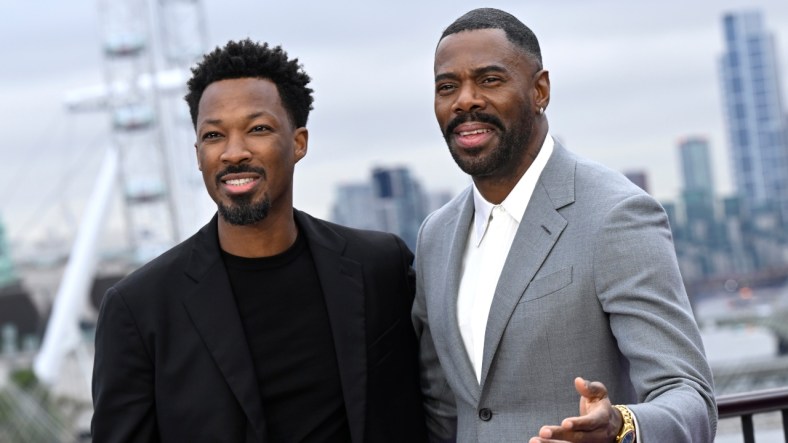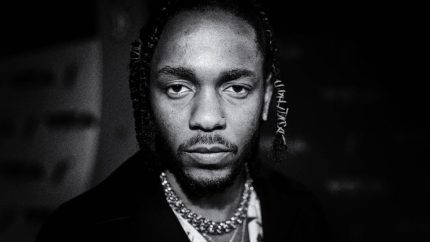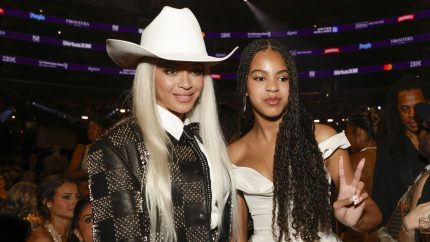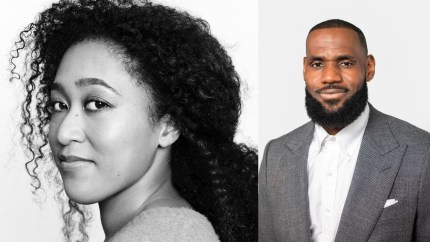Colman Domingo, Corey Hawkins on tackling Mister and Harpo in ‘The Color Purple’
The actors broke down how they approached the roles of Mister and Harpo in the film.
The latest adaptation of The Color Purple” is here, and theGrio’s Cortney Wills caught up with its two male stars, Colman Domingo and Corey Hawkins, who broke down their approaches to taking on the iconic roles of Mister and Harpo.
Charming audiences in theaters across the country, the musical adaptation from filmmaker Blitz Bazawule stars Fantasia Barrino as Celie, Taraji P. Henson as Shug and Danielle Brooks as Sofia amid the excellence. Filling out the top-notch supporting cast are Domingo as Mister and Hawkins as Harpo, who bring their own sensibilities and takes to the characters created by Alice Walker.

“I think we are tasked as actors to find the beating heart of even the most vile people,” Domingo shared. One of the story’s main antagonists, Mister has long been seen as a controversial and challenging character, as he abuses Celie throughout much of the story.
“I have a function in this film, and I have to divorce part of myself to serve that function, especially for these women … for everyone else’s evolution in some way, you have to find what makes this person tick,” he continued. “Plus, you have to find what makes this person vulnerable, hurt, want, need, desire and why people abuse people.”
Hawkins, who plays Mister’s son, Harpo, relayed that he believes his character “sees the capacity to love” in his father.
“That’s what’s heartbreaking,” Hawkins explained. “He looks for that, but he just can’t get that because they just don’t have the language to discuss that kind of thing. I don’t think they had it back then, and to a certain extent, I don’t think we have it now.”
Entertainment
“Harpo makes a choice to choose a different kind of love, and that’s Sofia,” he said. “Sofia puts a smile on his face … Every time he sings her name, a smile comes on his face. He sees what could have been between my father and Shug Avery; Harpo makes a decision to stand on his manhood in a different way, and it doesn’t make him any less of a man to allow her to lead.”
Domingo called the remake a “great opportunity” to reexamine toxic masculinity and misogyny, terms that weren’t at the forefront of the zeitgeist when the original film was released in the 1980s.
“We were very careful to find these moments of nuance,” said the “Rustin” star, “of vulnerability, of accountability — and then forgiveness … or the possibility of forgiveness.”
“The Color Purple” is in theaters now.
Never miss a beat: Get our daily stories straight to your inbox with theGrio’s newsletter.








